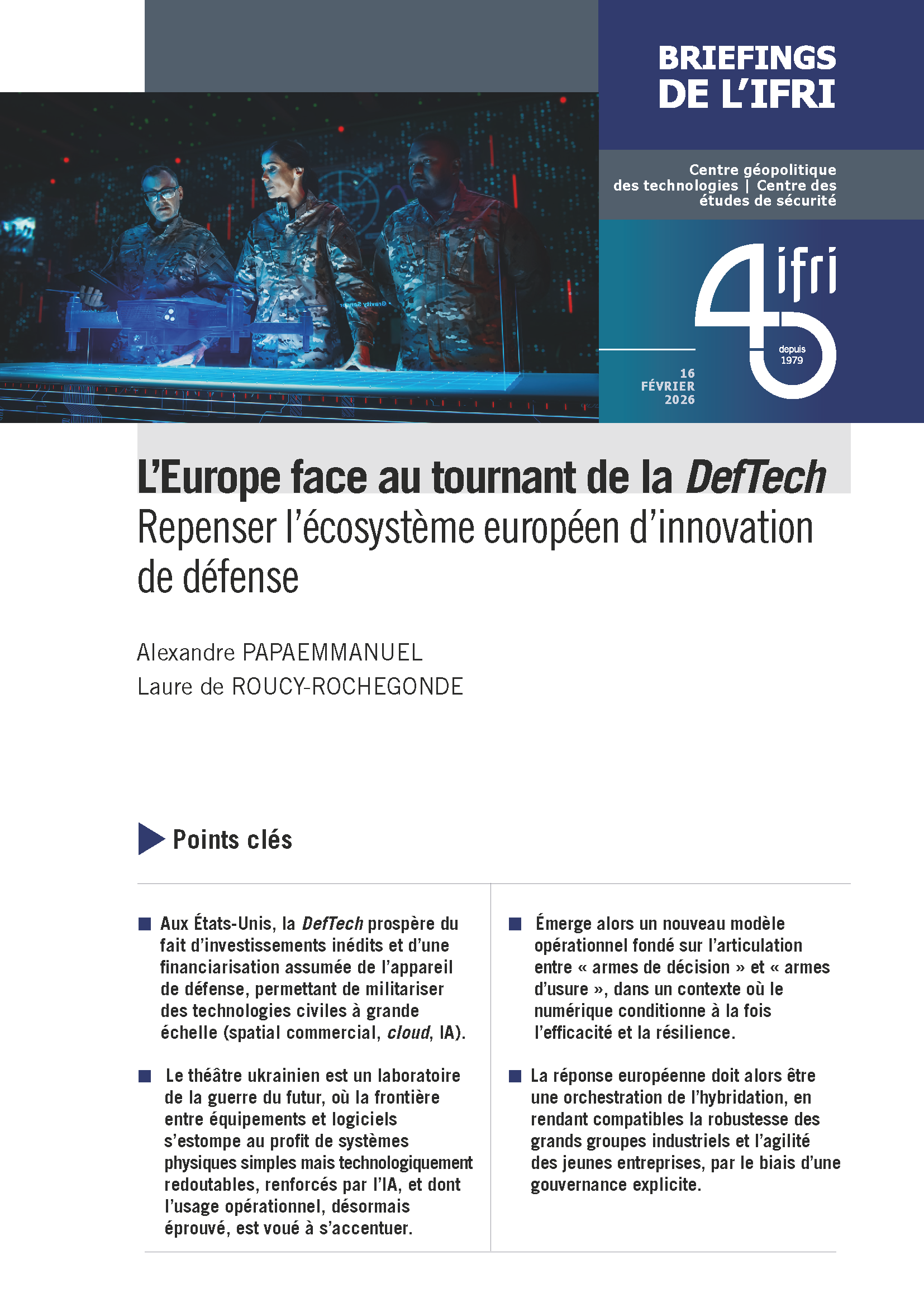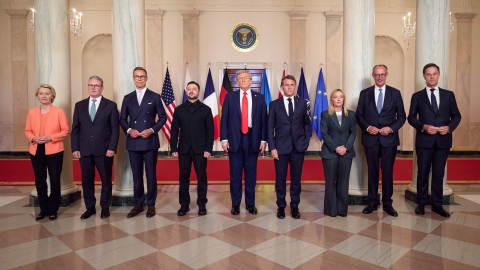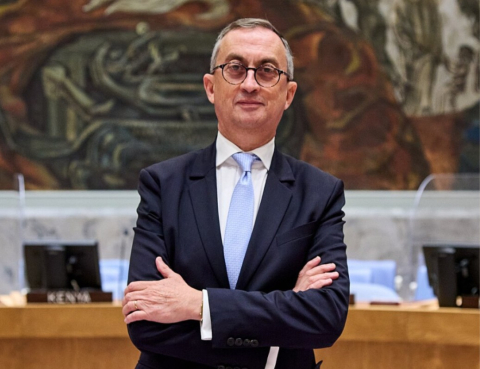More flexibility: What does the UK want and what could the others accept?

Informations pratiques
Ceci est un événement réservé.
En savoir plus sur nos programmes de soutienThe United Kingdom is undergoing an important debate vis-à-vis its membership to the European Union. Domestic in essence, this debate however needs to be better appreciated across Europe. Despite the specificities of the UK relationship with the EU, some elements might resonate in other countries, especially since Eurosceptic sentiments are growing across Europe and since there is an increasing disconnect between European citizens and the European project.
In addition, the UK debate is rekindling talks of more flexibility within the EU at a time when “more Europe” has been headlining every European Council for the past few years. Despite the stepping-up toward more integration, there seems to be a slow but genuine realization that the steps taken so far and those that are on the agenda today could fundamentally change the EU and national politics. Those changes may eventually occur, but they require a leap of faith that some may not be prepared to take at face value. Talks of “more flexibility” may become less taboo across Europe and shall be addressed. The Dutch “subsidiarity review” is a resounding example in that matter. What kind of flexibility are the British talking about? What kind of flexibility could be acceptable for other member states? What could be the consequences for the EU to accept more flexibility politically and institutionally?
This expert seminar was held under the Chatham House rule. The objective was to open a frank discussion about an issue that is likely to gain attention in the coming years.
Replay
Autres événements
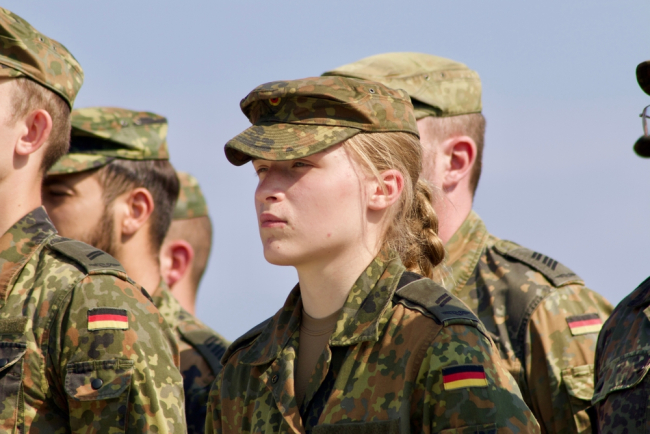
Quelle politique de défense en Allemagne ?
Face à la guerre en Ukraine et à l’instabilité géopolitique en Europe dans un cadre transatlantique perturbé, l’Allemagne a amorcé un tournant majeur dans sa politique de défense, avec une hausse significative des dépenses militaires, la modernisation de la Bundeswehr et le débat sur un éventuel retour du service militaire obligatoire.
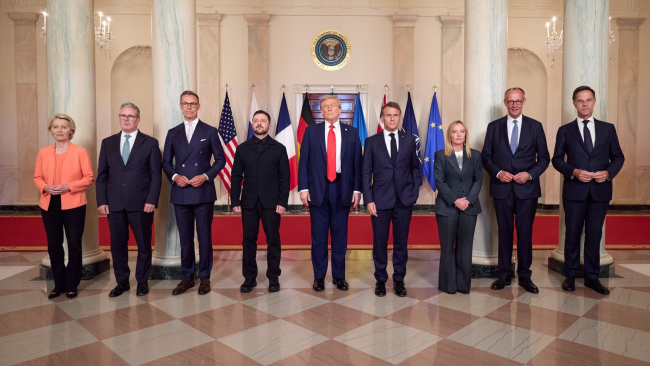
Quatre ans de guerre en Ukraine : verra-t-on la fin du conflit en 2026 ?
Un déjeuner débat autour de Tatiana Kastouéva-Jean, Directrice du Centre Russie/NEI, et Élie Tenenbaum, directeur du

Quel partenariat technologique avec l’Inde ?
Le 16ème Sommet UE-Inde, qui s’est tenu le 27 janvier à New Delhi en présence des dirigeants européens António Costa, Ursula von der Leyen, et du Premier ministre Narendra Modi, marque un tournant dans le renforcement des liens entre l'Union européenne et l'Inde. Parallèlement, les visites bilatérales se multiplient, à l’image de celle du Président français qui s’est rendu en Inde mi-février pour participer au Sommet sur l’Intelligence Artificielle.



